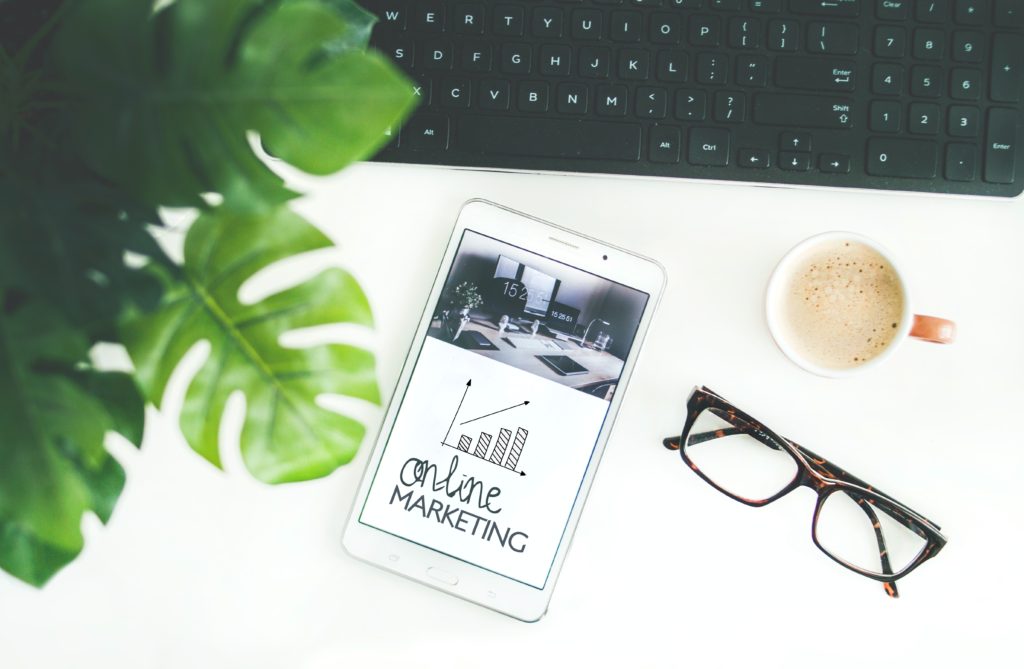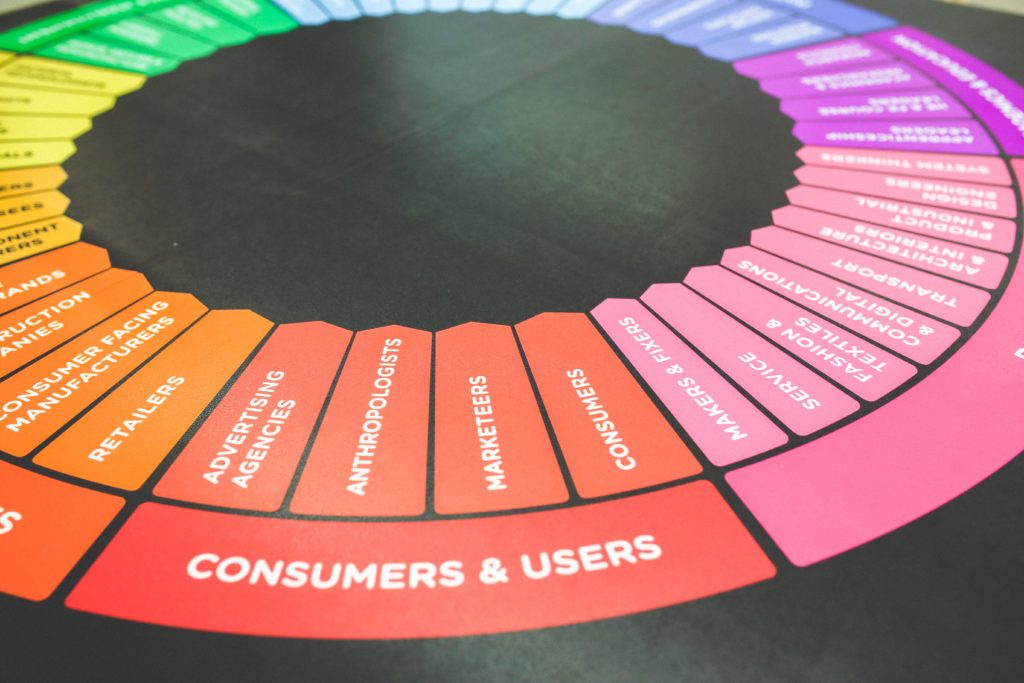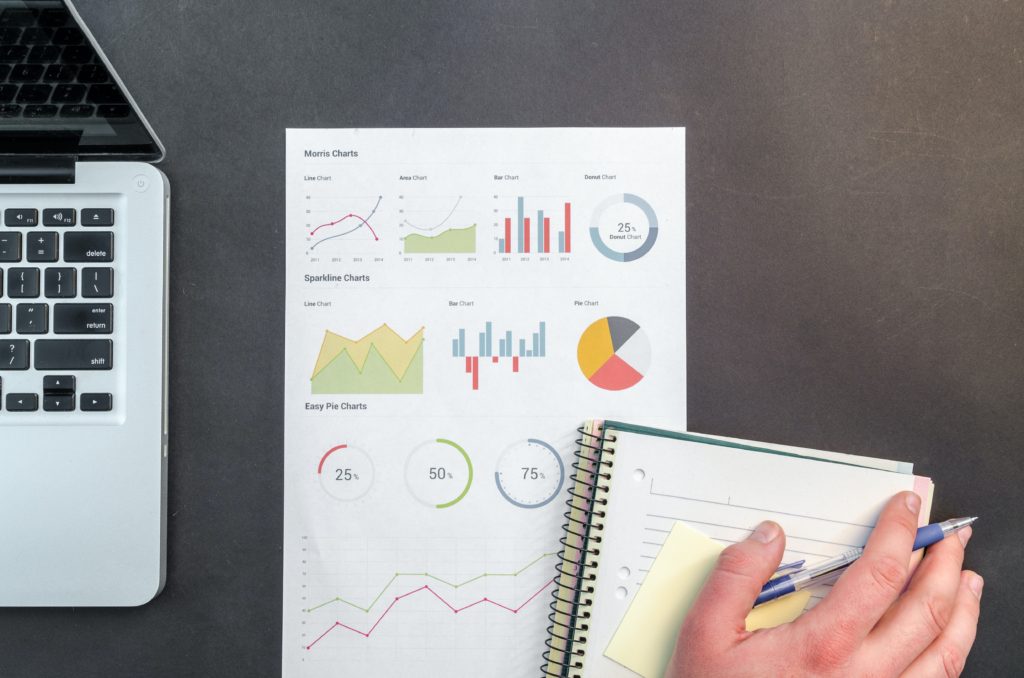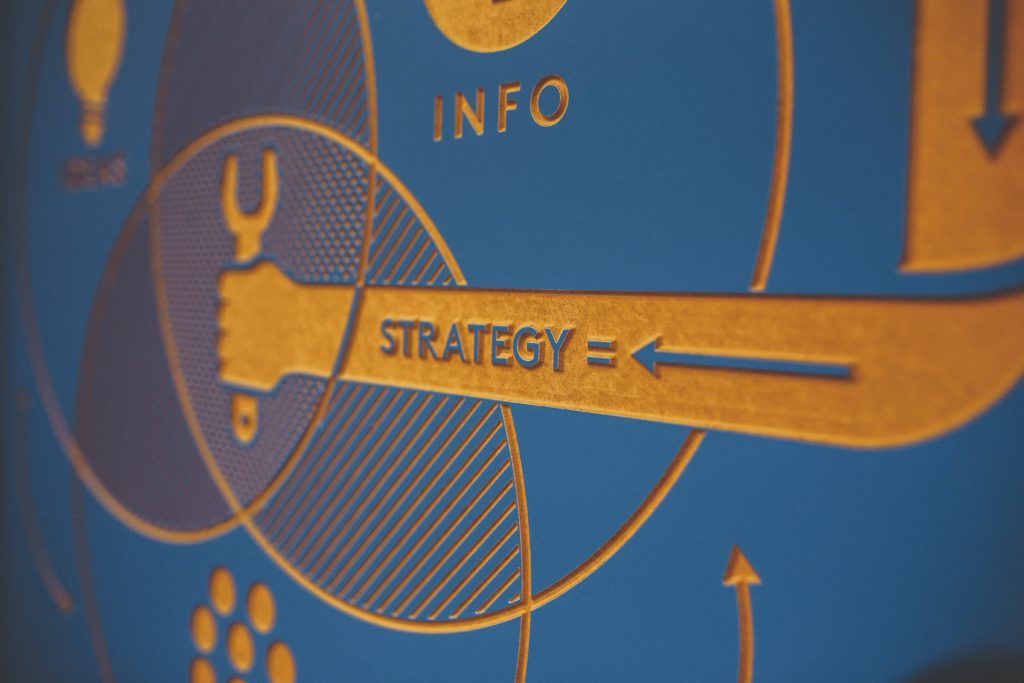“The consumer isn’t a moron. She is your wife.” -David Ogilvy, Confessions of an Advertising Man
Coronavirus is changing the way we live, work, and do business. It is slowly altering the very fabric of interpersonal communication as we know it. I strongly feel that in these testing times, acting with responsibility and compassion is all the more important while making educated decisions regarding our marketing strategies.
The advertising industry is facing the worst form of Volatility, Uncertainty, Complexity, and Ambiguity (VUCA) in recent memory. As the world is going increasingly digital, so is marketing – and there are huge dividends in store for those who understand this shift and act quickly.
It all sounds great, right? But you might ask, what can I do?
It’s actually something we as humankind are naturally great at, we need to adapt, and we need to evolve. I know it sounds philosophical and before you pass me off as a pseudo-intellectual with a magical orb telling me the future, allow me to contextualize this further for you.
With the ongoing COVID-19 outbreak, public safety is of the utmost importance for governments and businesses alike, and as a result, they’ve asked people to practice social distancing. This has led to global travel restrictions, while local businesses are struggling to generate previously anticipated demand. While there is a potential benefit for delivery optimized companies such as Amazon and Zomato, other services such as Uber, and companies that put people in close proximity to others continue to face many challenges.

Take event marketing for example, from sporting events to concerts, conferences, and community gatherings everything has come to a standstill. Here are a few major events that stand canceled or postponed due to the ongoing pandemic: Indian Premier League, Tokyo Olympics, Formula 1 Grand Prix, Google I/O, and Apple WWDC.
More than anything, we see a behavioral shift here, with people not just working from home but avoiding other public places like restaurants and stores where they might spend money entirely. We are shopping online more than ever before but with an overall sense of mindful spending to safeguard our finances. There is an associated long-term psychological impact as well. While some of us may want to indulge in rebound shopping once all of this settles, others may continue to play it safe for a longer time. This doesn’t mean people don’t want to spend at all.

As consumers stay indoors and mostly online, digital marketing can open new doors to brands by being their best defense against the mighty coronavirus.
It may seem counterintuitive, but it is actually the best time to invest in digital marketing. Traffic is surging on social media as everyone is cooped indoors and waiting for the next trending thing. Media, news sites, social media, people are looking at all sorts of content sources to stay updated with the current happenings. We as marketers need to align ourselves with this changing consumer behavior and buying patterns.
Over the course of the pandemic, digital advertising has gotten really cheap. Cost-per-impression on Facebook ads has dropped substantially even as traffic on the platform has surged. This means companies still spending on digital marketing can get more bang for their buck than ever before.
Why would you spend less on digital marketing when the whole world is online now more than ever?

When the restrictions are lifted, the initial reaction would be to go offline and do the things we weren’t able to before, such as meeting friends and family, eating out, and going to the gym. However, consumers may come out of the crisis with completely different priorities and attitudes which would impact how they spend their time and money.
Major events that affect entire populations can transform lives in more ways than one, the cause of the event and its effect on the population catalyzes significant and tangible changes long after the dust settles. Our learnings from the events of the last century such as the great depression resulted in the establishment of a new socio-economic model that holds a strong consensus even today. I’d say it’s only reasonable to speculate whether the ongoing COVID-19 crisis would have a similarly transformational impact on our lifestyle and social behavior.

Ultimately, it’s the post-COVID future we should keep in mind. So, let us all start by asking a few questions:
- How has COVID-19 impacted our core target market and users?
- How has it influenced the buying habits of our consumer base?
- How can we provide them more value with our products or services?
Let’s reevaluate our strategies and plan what we’d want to do once the crisis is over.
Let’s view it as an opportunity to go above and beyond and deepen our existing connections while building new ones using disruptive methods. It’s time to prove that we’re more than just a company by showing a different side of our brand’s personality, because we all need to rebuild a new future, together.



